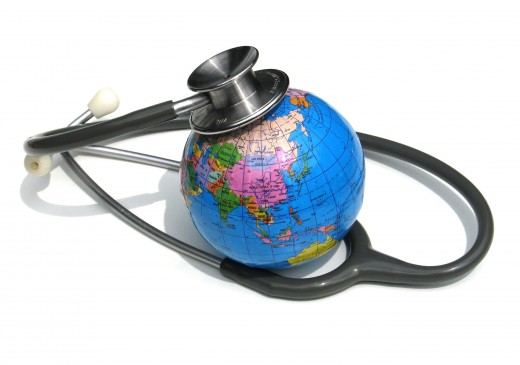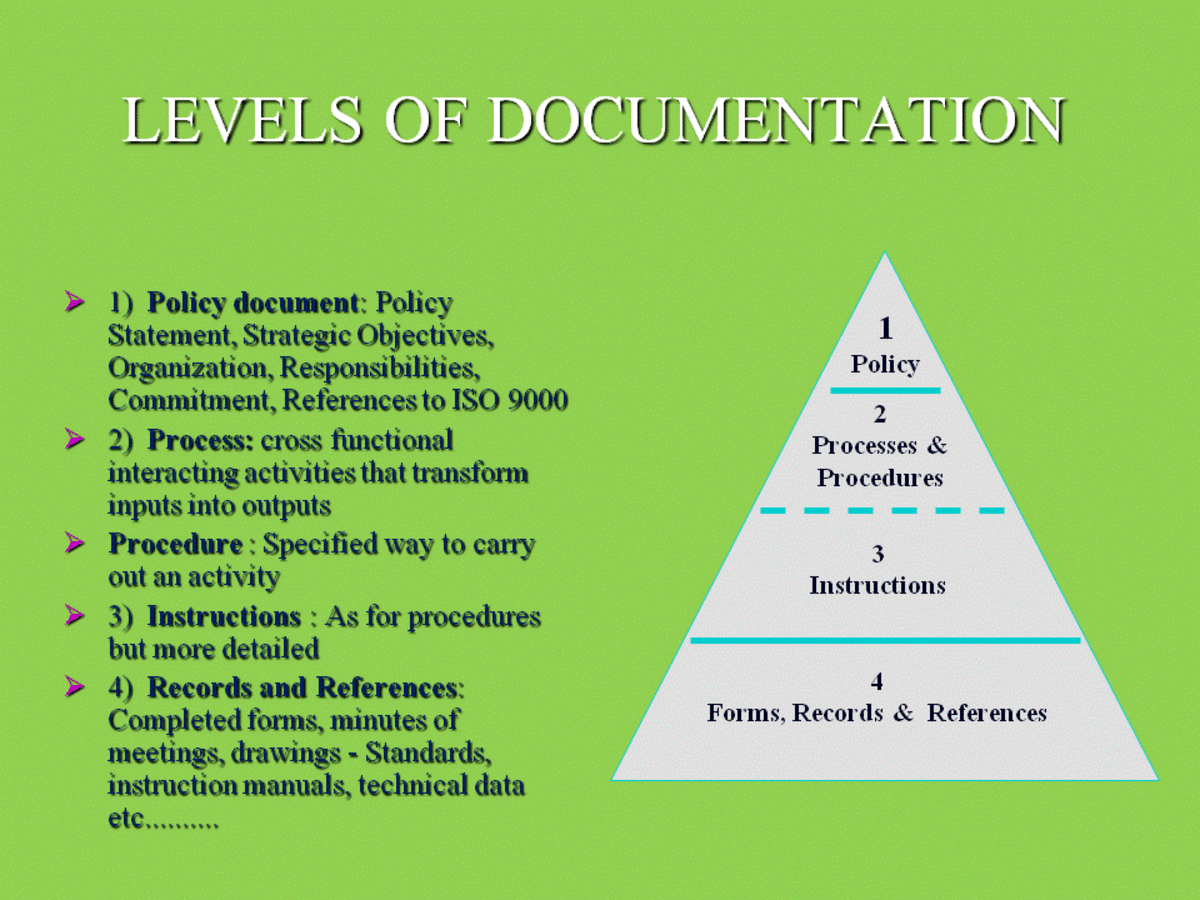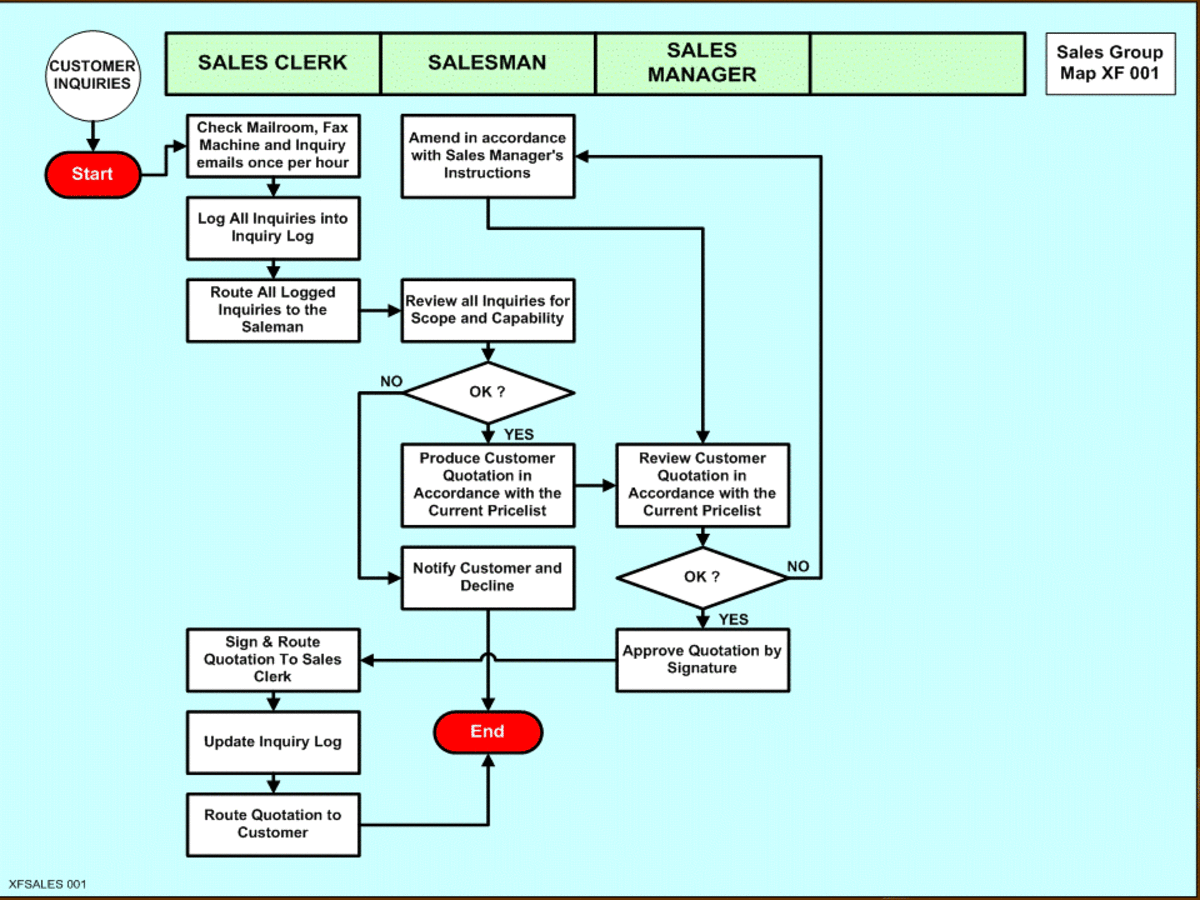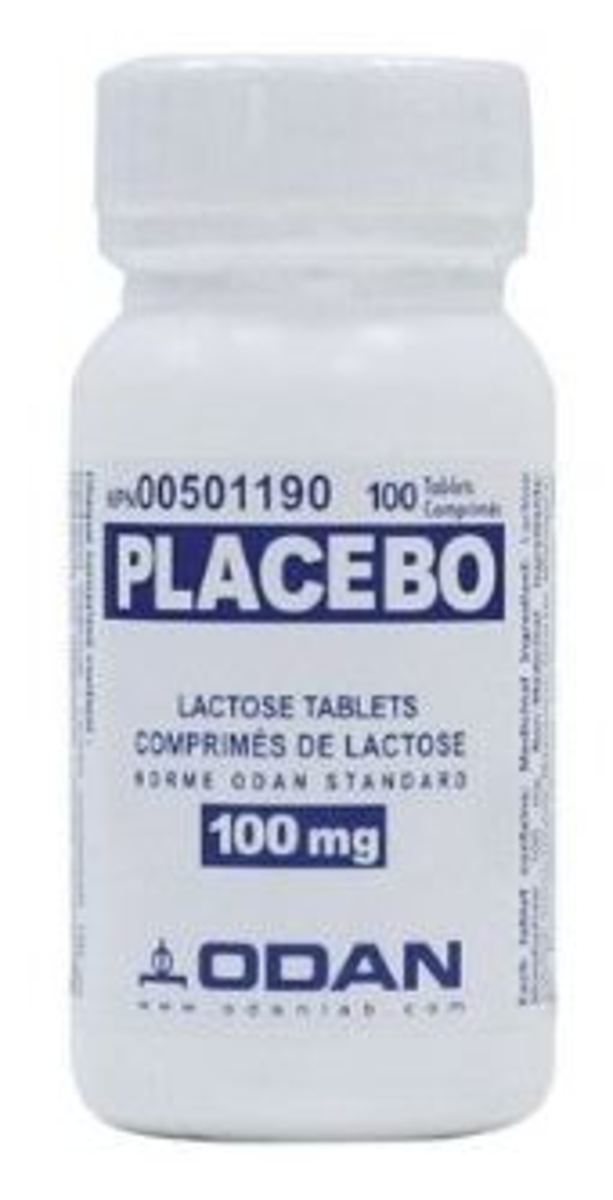Medical Tourism or Health Tourism
What do you if you have a serious medical condition that is either life-threatening or is deteriorating your quality of life but you don't have enough money to treat it? Some people in this situation are flying overseas to take advantage of the low cost for high quality healthcare offered in some countries, giving rise to the phenomenon called medical tourism.

What do you if you have a serious medical condition that is either life-threatening or is deteriorating your quality of life but you don't have enough money to treat it? Some people in this situation are flying overseas to take advantage of the low cost for high quality healthcare offered in some countries, giving rise to the phenomenon called medical tourism.
In simple words, medical tourism or medical travel means traveling abroad to receive top-notch medical, dental and cosmetic care by highly skilled surgeons at some of the most modern and high quality medical facilities in the world...all at a fraction of the price in the US, UK and Canada.
For millions of Americans it is the only way to get the needed or desired medical treatment, without going bankrupt financing for their healthcare.
But medical tourism is not for Americans alone. Those suffering due to long waitlists under government sponsored healthcare, like in Canada and the UK, find medical tourism as a viable option to get quick access to affordable medical care. Others taking tadvantage of the phenomenon are those from the Middle-East, Africa and other nations where the latest medical technologies haven't come to town yet. In short, medical tourism is for:
- Uninsured and underinsured who cannot afford to buy healthcare at home
- Waitlisted people whose quality of life has taken a beating from govt. sponsored healthcare systems like NHS and medicare
- Those seeking elective surgeries like cosmetic / plastic surgeries
- People who cannot claim Social Security, Medicare or Medicaid benefits
- Anyone looking for high quality healthcare at a low cost and with no-wait
Following are answers to some frequently asked questions about medical tourism.
Q. What are some of the benefits of medical tourism?
- Incredible savings: 60% to 90% off of major procedures
- High quality care: Hospitals catering to foreign patients are internationally accredited and have state-of-the-art equipments and employ some of the best world renowned surgeons.
- Immediate service: No wait-lists, thus giving you access to the required care immediately.
- Convenience: You can book your appointments and arrange your medical travel online.
- Travel opportunity: Though medical tourism is mainly about your medical care, yet the opportunity to travel internationally is an added draw for some tourists especially those seeking dental care, cosmetic care or wellness treatments.
Q. How much money can medical tourism help me save?
That's difficult to guesstimate as your savings will directly depend on the procedure sought and the destination chosen. In general, expect savings to range from 40% to 90% or more. Following are some examples that will give you an idea of the price differential:
- A heart bypass tagged at over $100,000 can be had for as low as $10,000 in India using the same technologies and by surgeons who have been trained in the US.
- Several cosmetic surgeries in Costa Rica cost a quarter or even a third of what they do in the United States.
- Savings on dental treatments can be as much as 50% in Hungary and Belgium compared to what your private dentist charges you in the United Kingdom.
Q. What are the other costs involved in a medical travel trip?
The two other major costs are travel and accommodation costs. So you should keep that in your calculation when determining your costs, and also deciding on where to go, when to go and which procedure to go for. Here are a few tips:
- Travel during off-peak season during which airfares and hotel accommodation (for recuperation) are cheaper.
- If possible, combine a few procedures in the same trip. Example: tummy tuck, facelift and breast augmentation. But obviously, the possiblity of such a combination will depend upon your specific medical condition so talk to your provider.
- For minor procedures choose a destination that's geographically closer to you, leaving far-off destinations for major surgeries in which the cost savings on the procedure per se is greater.
- In any situation, don't compromise quality for cost.
Q. Which countries offer medical tourism services?
Medical tourism is offered by many countries worldwide. The hot favorites include: India, Singapore, Thailand, Malaysia, Philippines, South Korea, Taiwan, Turkey, Belgium, Hungary, Poland, Costa Rica, Panama, Argentina, Brazil and Mexico. These countries also have one or more specialties for which they are more regarded than others. For example: India is most popular for orthopedic and cardiac surgeries; Latin American countries are famous for cosmetic surgeries; Mexico is famous for dental treatments; and so on.
Q. How can medical care be so much cheaper in these countries?
That's primarily due to low labor costs prevalent there. Also, low malpractice and administrative costs in these countries mean that your final bill is much lower compared to the US, UK, Canada and many other Western countries.
Q. Which procedures do people usually seek overseas?
People seek all sorts of procedures overseas - dental procedures, cosmetic surgeries, infertility treatments, obesity surgeries, hip resurfacing, knee replacement, heart bypasses, cancer treatments, spinal surgeries, vision correction, wellness treatments and more. The general rule of the thumb is that any non-urgent procedure for which you are not being rushed into the ER to save your life can be sought overseas.
Q. What are the tradeoffs of medical tourism?
Some of them are:
- Having to travel
- Being away home and family during treatment and recovery
- Cultural and language differences
- Issues with legal recourse in case of malpractice
Q. How do I know the quality of care provided overseas is excellent?
The safest bet is to look for a provider that is accredited. Accreditation is a process in which an entity, separate and distinct from the health care organization, usually non-governmental organization, assesses a health care organization to determine if it meets a set of standard requirements designed to improve quality of care. Accreditation provides a visible commitment by an organization to improve the quality of patient care, to ensure a safe environment and to continually work to reduce risks to patients and staff. An example of a United States based hospital accreditation organization is the Joint Commission International or JCI. Currently there are 185 JCI-accredited healthcare providers worldwide (outside of the US).
© 2015 Discover the World








